Browse Journals
Aliso: A Journal of Systematic and Floristic Botany (Current Journals)
Aliso: A Journal of Systematic and Floristic Botany is the open-access, peer-reviewed, scientific journal of California Botanic Garden (formerly Rancho Santa Ana Botanic Garden). International in scope, the journal publishes original articles on systematic and evolutionary botany. Floristic studies pertaining to the western United States and areas of comparable climate and vegetation are also featured.
Claremont-UC Undergraduate Research Conference on the European Union (Current Journals)
The European Union Center of California
The European Union Center of California was founded in 1998 with the assistance of the European Commission. Based at Scripps College, the center conducts its programs cooperatively with the other members of the Claremont Colleges. The Center's mission is to advance public understanding of European integration and transatlantic relations through education and research.
The Claremont-UC Undergraduate Research Conference Journal is an open access journal and compiles outstanding research papers by undergraduate students presented at the Claremont-UC Undergraduate Research Conference on the European Union, held annually at Scripps College and hosted by the European Union Center of California.
CODEE Journal (Current Journals)
The CODEE Journal is a peer-reviewed, open-access publication, distributed by the CODEE (Community of Ordinary Differential Equations Educators) and published by the Claremont Colleges Library, for original materials that promote the teaching and learning of ordinary differential equations.
The CODEE Journal is an open access journal, which means that all content is freely available without charge to the user or their institution. Users are allowed to read, download, copy, distribute, print, search, or link to the full texts of the articles, or use them for any other lawful purpose, without asking prior permission from the publisher or the author. This is in accordance with the BOAI definition of open access. All articles are licensed with a Creative Commons license. The journal is archived by LOCKSS.
CALL FOR PAPERS
CODEE Journal is seeking submissions for a 2026 Special Issue with a theme on Data-driven Modeling with Differential Equations. We seek scholarly contributions focused on undergraduate education and research that demonstrate how ODEs can be used to extract insight from data, support predictive modeling, and inform analysis in areas such as epidemiology, ecology, climate science, economics, public health, engineering, and beyond. Engaging students in modeling and data analysis using differential equations helps bridge theoretical mathematics with real-world challenges and builds essential skills for today’s data-rich world. Please see all the details here. Paper Submission Deadline: April 1, 2026
Eastern Sierra History Journal (Current Journals)
The Eastern Sierra History Journal is a collaboration between Sierra Forever (formerly the Eastern Sierra Interpretative Association) and the Claremont Colleges Library. An annual publication, it features selected papers delivered at the Eastern Sierra History Conference; from time to time, the editors might also commission essays to expand that year’s coverage. The journal’s geographical parameters are from the Sierra’s eastern slope to the eastern California deserts; its north-south spine is US 395. Among possible subjects the journal explores are the region’s complex Indigenous histories and the contemporary issues impacting tribal life; colonization, Japanese-American internment, as well as agricultural and industrial development from the nineteenth century to the present. Other enduring themes include public-lands management, water quality and quantity, endangered species, recreation, and population growth.
EnviroLab Asia (Current Journals)
Editor-in-Chief:
| Char Miller, Pomona College |
New EnviroLab Asia publishes student, alumni, staff, and faculty scholarship that integrates Asian and Environmental Studies, a project underwritten by a LIASE grant from the Henry Luce Foundation to the Claremont Colleges. In collaboration with the Claremont Colleges Library's Scholarship@Claremont, EnviroLab Asia is a digital-native site that explores some of the key environmental issues that Asia has confronted, and will continue to confront, across the 21st Century.
essay: critical writing at pomona college (Archived Journals)
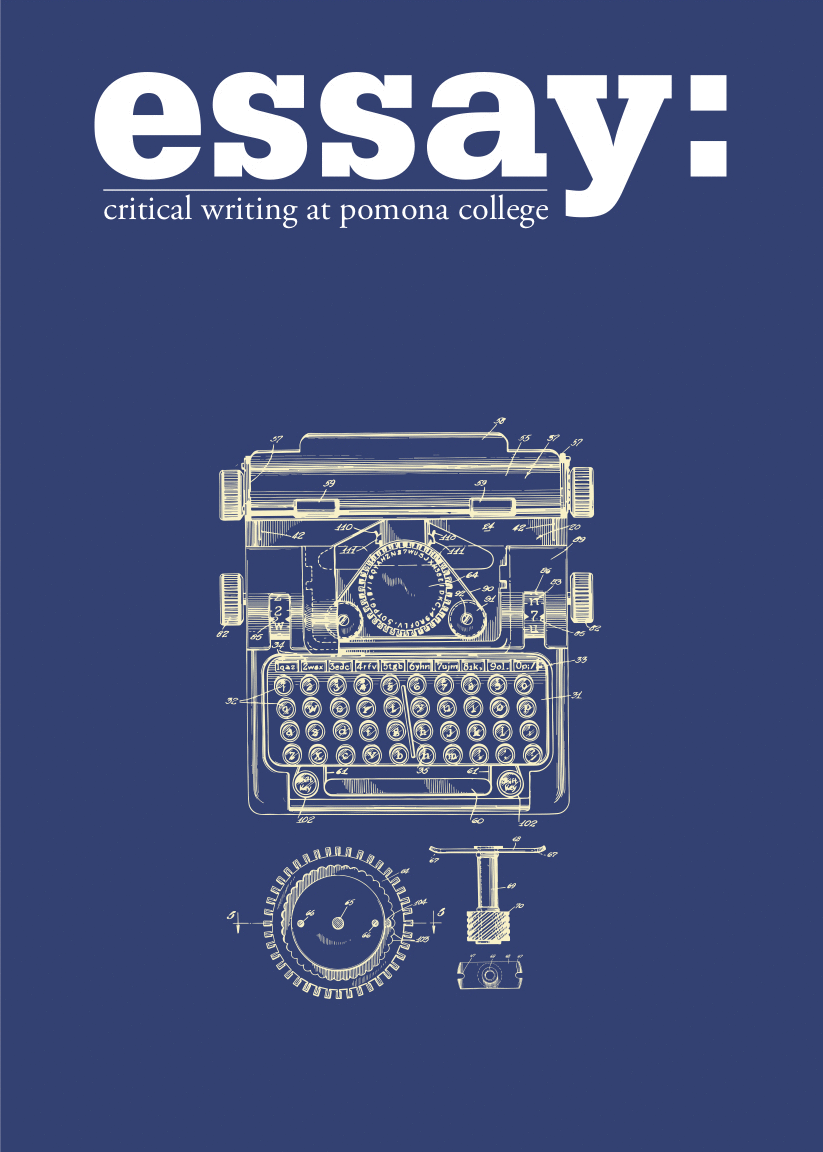
essay: critical writing at pomona college is an online, open-access journal published in Scholarship@Claremont. essay is an initiative of the Pomona College Writing Program and is part of a larger network of online, open-access publications supported by the The Claremont Colleges Library. Pieces that appear in essay are peer-reviewed by Pomona College Writing Partners and Writing Program faculty.essay: critical writing at pomona college.
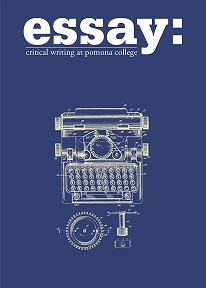
FIVE: The Claremont Colleges Journal of Undergraduate Academic Writing (Archived Journals)
FIVE: The Claremont Colleges Journal of Undergraduate Academic Writing is an online open access journal published in Scholarship@Claremont. FIVE is a collaborative partnership of the Writing Centers of the five undergraduate Claremont Colleges and the Claremont Colleges Library and is part of a larger network of online open access publications supported by the Claremont Colleges Library.
Humanistic Mathematics Network Journal (Archived Journals)
The Humanistic Mathematics Network Newsletter (HMNN) was founded by Alvin White in the summer of 1987. The Newsletter was later renamed The Humanistic Mathematics Network Journal (HMNJ). The last issue of the HMNJ was published in 2004. This is the open access digital archive of the full run of the HMNN/HMNJ (1987-2004).
This journal does not accept new content. A related current journal is the Journal of Humanistic Mathematics.
Image credit: “Enamelled tiles mosaic on the ceiling of the pavilion” by Pentocelo licensed under CC-BY 3.0
Journal of Amazigh Studies (Current Journals)
We look forward to your submission. Please contact us at the email address below.

Journal of Geometrical Unified Machine Learning
Introductory text for Journal of Geometrical Unified Machine Learning.
See the Aims and Scope for a complete coverage of the journal.
Journal of Humanistic Mathematics (Current Journals)
This is an open-access journal which means that all content is freely available without charge to the user or their institution. Users are allowed to read, download, copy, distribute, print, search, or link to the full texts of the articles, or use them for any other lawful purpose, without asking prior permission from the publisher or the author. This is in accordance with the BOAI definition of open access. All articles are licensed with a Creative Commons license.
The journal is archived by LOCKSS and indexed by MathSciNet and EBSCO.
We would love to hear from you! Please email the editors (Mark Huber at mhuber@cmc.edu and Gizem Karaali at gizem.karaali@pomona.edu), or submit a response directly to any of the published articles or essays (you can use the Submit A Response link on the relevant page). Alternatively, if you prefer snail mail, you can use the following address:
Journal of Humanistic Mathematics
Claremont Center for the Mathematical Sciences
610 North College Avenue
Claremont, CA 91711
United States of America
Journal of the Language Association of Eastern Africa (Current Journals)
Journal of the Language Association of Eastern Africa (JLAEA) publishes research on languages and language use in East Africa. It is the publication venue for the proceedings of the biennial meeting of the Language Association of Eastern Africa, but it also accepts submissions independent of that meeting.
See the Aims and Scope for a complete description of the journal's coverage.
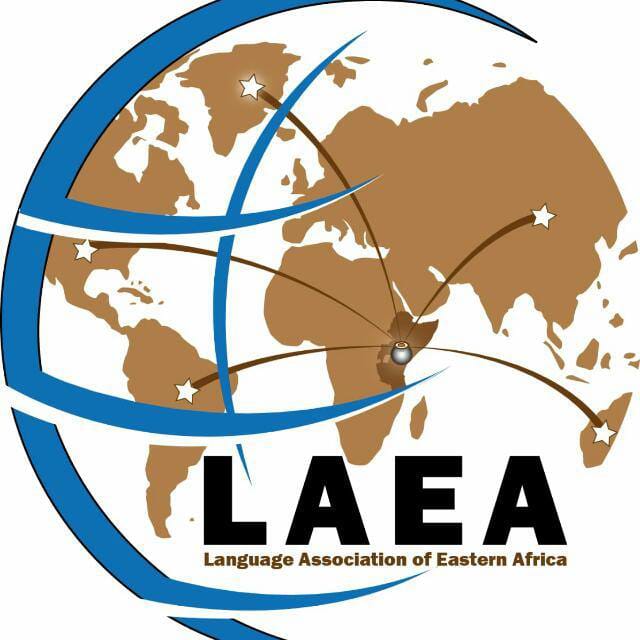
LUX: A Journal of Transdisciplinary Writing and Research from Claremont Graduate University (Archived Journals)

The goal of LUX is to provide a venue where scholars of different fields can highlight their unique findings for the very first time. Stemmed from eligible submissions to the yearly student research conference hosted by Claremont Graduate University, our journal provides an engaging forum where scholarly exchange is encouraged. It is our hope that the work shared in the journal will inform and strengthen research everywhere.
Mime Journal (Current Journals)
Mime Journal, founded in 1974, publishes articles and monographs on topics as diverse as François Delsarte, Noh/Kyogen Masks and Performance, Jacques Copeau’s Theatre School, and many issues about Etienne Decroux and his work. We aim to disseminate scholarship on Etienne Decroux, his influences and his students, to an audience of practitioners and scholars. We welcome submissions at any time.
Passwords (Archived Journals)
Here is a package,
a program of passwords.
It is to bring strangers together.
- William Stafford, “Passwords”
Passwords, a five-college literary magazine of poetry, prose, and visual art, has been published on a semester basis since 2000. Our mission is to provide a literary forum for the Claremont college community, and our editorial board is open to all students.
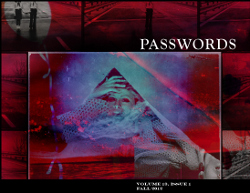
Performance Practice Review (Current Journals)
Performance Practice Review (PPR) is a blind, peer-reviewed journal devoted to the study of Western musical performance practices. It is not confined to any historical period. Originally published bi-annually from 1988 to 1997, contributions to Performance Practice Review from 2006 onward will be published exclusively online.
Please note that PPR accepts and publishes articles on a rolling basis, so the current issue may not yet be complete.
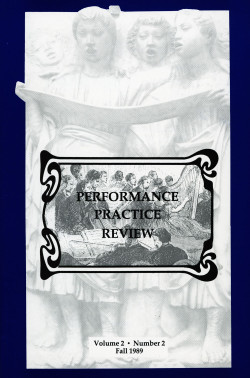
The Transdisciplinary STEAM+ Journal (Current Journals)
254 papers to date
248,356 full-text downloads to date
30,098 downloads in the past year Updated as of 11/17/25
Welcome to The Transdisciplinary STEAM+ Journal, a transdisciplinary, global, theory-practice, peer-reviewed, open access, online journal with a focus on arts integration. The Transdisciplinary STEAM+ Journal brings together perspectives, artwork, research, teaching, and practice. We promote arts integration not just with STEM, but also with the Social Sciences and the Humanities. This expansion helps us better explore the connecting complexities of science, social phenomena, human behavior, and experiences of being and becoming through the lens of the Arts. We welcome researchers, artists, educators, field practitioners, and young voices from multiple disciplines and practice spaces within and beyond academia to share work that supports deep learning, social impact, and human flourishing through arts integration. We invite artwork, arts-based social advocacy and activism, arts-based research in Social Sciences, Humanities, and Science, blog post reflections and op-ed articles, reviews of books about STEAM and arts integration, and arts-integration lesson plans.









